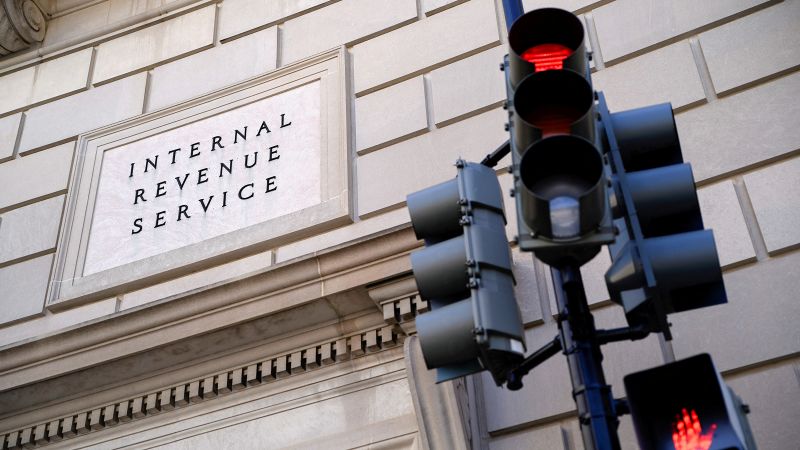Views: 1
Poem of the day
Vorfrühling
by Paul Heyse(1830-1914)
Stürme brausten über Nacht,
und die kahlen Wipfel troffen.
Frühe war mein Herz erwacht,
schüchtern zwischen Furcht und Hoffen.
Horch, ein trautgeschwätz’ger Ton
dringt zu mir vom Wald hernieder.
Nisten in den Zweigen schon
die geliebten Amseln wieder?
Dort am Weg der weiße Streif –
Zweifelnd frag’ ich mein Gemüte:
Ist’s ein später Winterreif
oder erste Schlehenblüte?
Views: 0
This has never happened before in U.S. History
Tom Friedman in the NYT: “If you listen to Trump, everything we have done for Ukraine is pure altruism. We have no actual interests at stake ourselves in its fate or the triumph of liberty there. We have no actual interest in the fact that Ukraine is protecting the European Union — a giant, pro-American alliance of free markets and free people. It doesn’t matter a whit to Trump what happens to the E.U. or Ukraine. All that matters is that Zelensky says “thank you” louder for our altruism and that, in the middle of his war of survival, sign over a generation of Ukraine’s mineral wealth to us.”
Views: 3
Disenfranchising women is a feature and not a bug
Views: 3
Poem of the day
L’Hyver
by Théodore-Agrippa D’Aubigne (1552-1630)
Mes volages humeurs, plus sterilles que belles,
S’en vont; et je leur dis: Vous sentez, irondelles,
S’esloigner la chaleur et le froid arriver.
Allez nicher ailleurs, pour ne tascher, impures,
Ma couche de babil et ma table d’ordures;
Laissez dormir en paix la nuict de mon hyver.
D’un seul poinct le soleil n’esloigne l’hemisphere;
Il jette moins d’ardeur, mais autant de lumière.
Je change sans regrets, lorsque je me repens
Des frivoles amours et de leur artifice.
J’ayme l’hyver qui vient purger mon cœur de vice,
Comme de peste l’air, la terre de serpens.
Mon chef blanchit dessous les neiges entassées,
Le soleil, qui reluit, les eschaulfe, glacées.
Mais ne les peut dissoudre, au plus court de ses mois.
Fondez, neiges; venez dessus mon cœur descendre,
Qu’encores il ne puisse allumer de ma cendre
Du brazier, comme il fit des flammes autrefois.
Mais quoi! serai-je esteint devant ma vie esteinte?
Ne luira plus sur moi la flamme vive et sainte,
Le zèle flamboyant de la sainte maison?
Je fais aux saints autels holocaustes des restes.
De glace aux feux impurs, et de naphte aux célestes:
Clair et sacré flambeau, non funèbre tison!
Voici moins de plaisirs, mais voici moins de peines.
Le rossignol se taist, se taisent les Sereines:
Nous ne voyons cueillir ni les fruits ni les fleurs;
L’espérance n’est plus bien souvent tromperesse;
L’hyver jouit de tout. Bienheureuse vieillesse,
La saison de l’usage, et non plus des labeurs!
Mais la mort n’est pas loin; cette mort est suivie
D’un vivre sans mourir, fin d’une fausse vie:
Vie de nostve vie, et mort de nostre mort.
Qui hait la seureté, pour aimer le naufrage?
Qui a jamais esté si friant de voyage.
Que la longueur en soit plus douce que le port?
Views: 0
Poem of the day
On the Beach at Fontana
by James Joyce (1882-1941)
Wind whines and whines the shingle,
The crazy pierstakes groan;
A senile sea numbers each single
Slimesilvered stone.
From whining wind and colder
Grey sea I wrap him warm
And touch his trembling fineboned shoulder
And boyish arm.
Around us fear, descending
Darkness of fear above
And in my heart how deep unending
Ache of love!
Views: 0
Be afraid, be very afraid
Views: 4
It won’t be pretty
Views: 0
FIDE permits “elegant minor deviations” in dress code for Carlsen
According to NYT (if anyone cares), Carlsen will be “definitely playing in jeans” today.
Also, again if anyone cares, tickets to attend the World Blitz Championship start at $220. I won’t be attending.
Views: 0
Game of the week
My apologies for the lack of diagram to play through the game on. I’m not quite certain what the problem is but will look into it when I get the chance.
Views: 0


